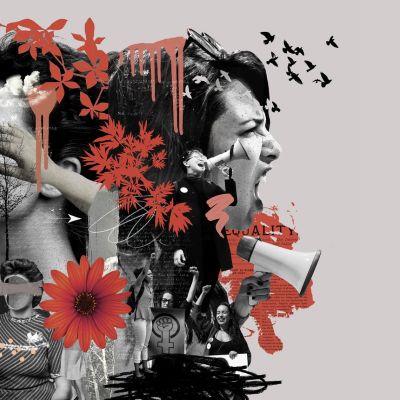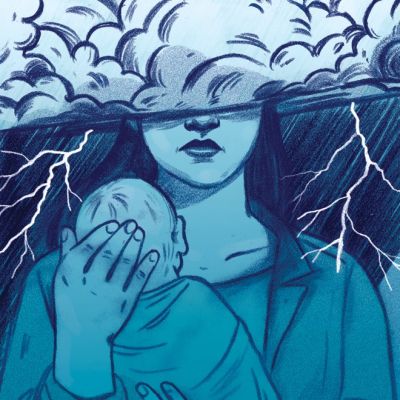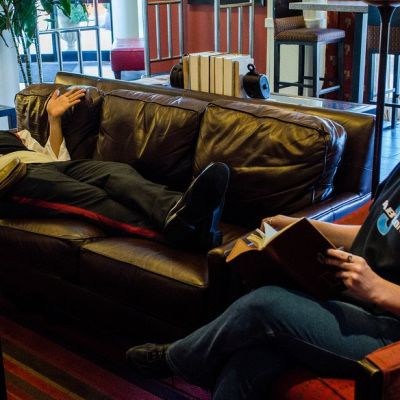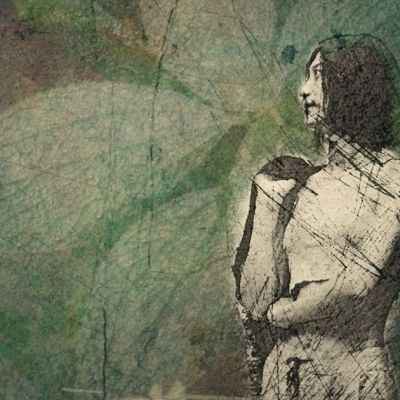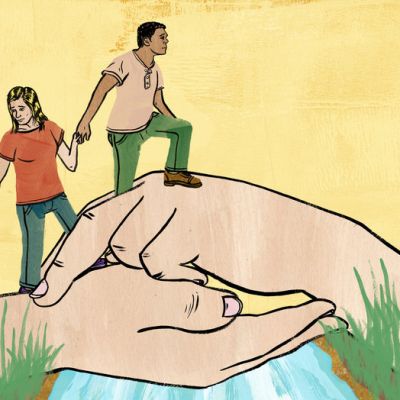Blog Roll
The point is not to lay the blame on women or assign them responsibility for patriarchy. It is to encourage a deeper introspection of our desires. My first boyfriend, whom I got to know in 2010, was in the habit of asking me (and other women he had previously dated) whether he could kiss me, before doing so. Every time any sexual activity was involved he would always ask beforehand and continuously check in if I was comfortable throughout.
“Disabled people are treated like children,” says Nidhi Goyal, founder director of the NGO Rising Flame, a disability rights activist and comedian. This identification makes the non-disabled — a term Goyal prefers using — feel entitled to decide for them.
Desire is never straightforward, and it cannot be straitjacketed – in fact, there is nothing straight about desire at all. Any issue dealing with desire, therefore, is wasted if viewed through a monochromatic lens.
Female sexuality isn’t in the closet any more. If you look at the spate of films that have been released in the past couple of years, they seem to tell us that women mouth expletives, watch porn and don’t mind talking about orgasms—things taken for granted when it comes to men.
This post was originally published in VICE. By: Divya Karthikeyan A Bengaluru woman poses for her lover—and the followers of /r/IndiansGoneWild. Catching…
This article was reposted from Everyday Feminism. December 14, 2015 by Suzannah Weiss One night, my college boyfriend, two of his female…
In the media and in private life, conversations about consent, hostile environments and power began, and there was a growing acknowledgment that a man’s unwanted sexual overtures were a symptom of broader social and political forces.
As depicted in various forms of media, society has unrealistic expectations of how mothers and motherhood should be – enamoured by their babies, to feel only happiness at being a mother, being completely focused on their babies, living in the ‘glow of motherhood’. Being depressed is simply not seen as an acceptable response.
As a queer-feminist mental health practitioner, my way to understand realities is to examine the power relations that exist in our social locations, identities and structures.
India has a severe shortage of mental health professionals and the experiences of counsellors like Kapoor raise the question of whether there is a wave of therapist burnout in the country. Unfortunately, there has been no research to indicate the extent of the problem in India.
On a Saturday morning, a group of adults gather in a circle in an elementary school classroom on the campus…
One of the most subtly hurtful and quietly damning of all remarks, perhaps quietly and sweetly delivered on the doorstep…
“’Slut’ attacks a woman’s right to say yes. ‘Friend zone’ attacks a woman’s right to say no. And ‘bitch’ attacks her…
By Shruti Arora: “I’ve never told this to anyone before, but I liked it when he kissed me. I wanted it,…
Up to 10 million people in Iran are living with disabilities, campaigners say, but the culture surrounding the issue is…







